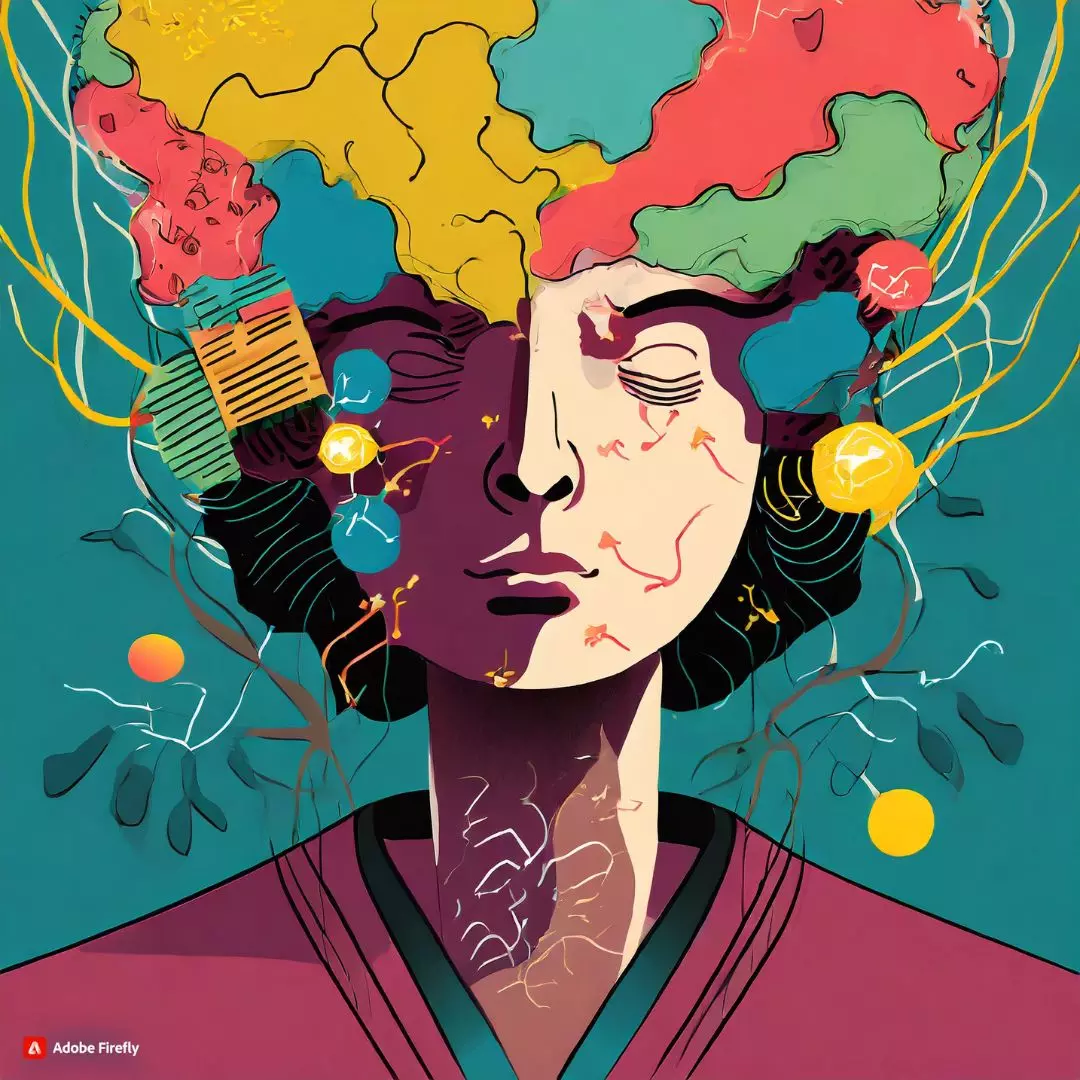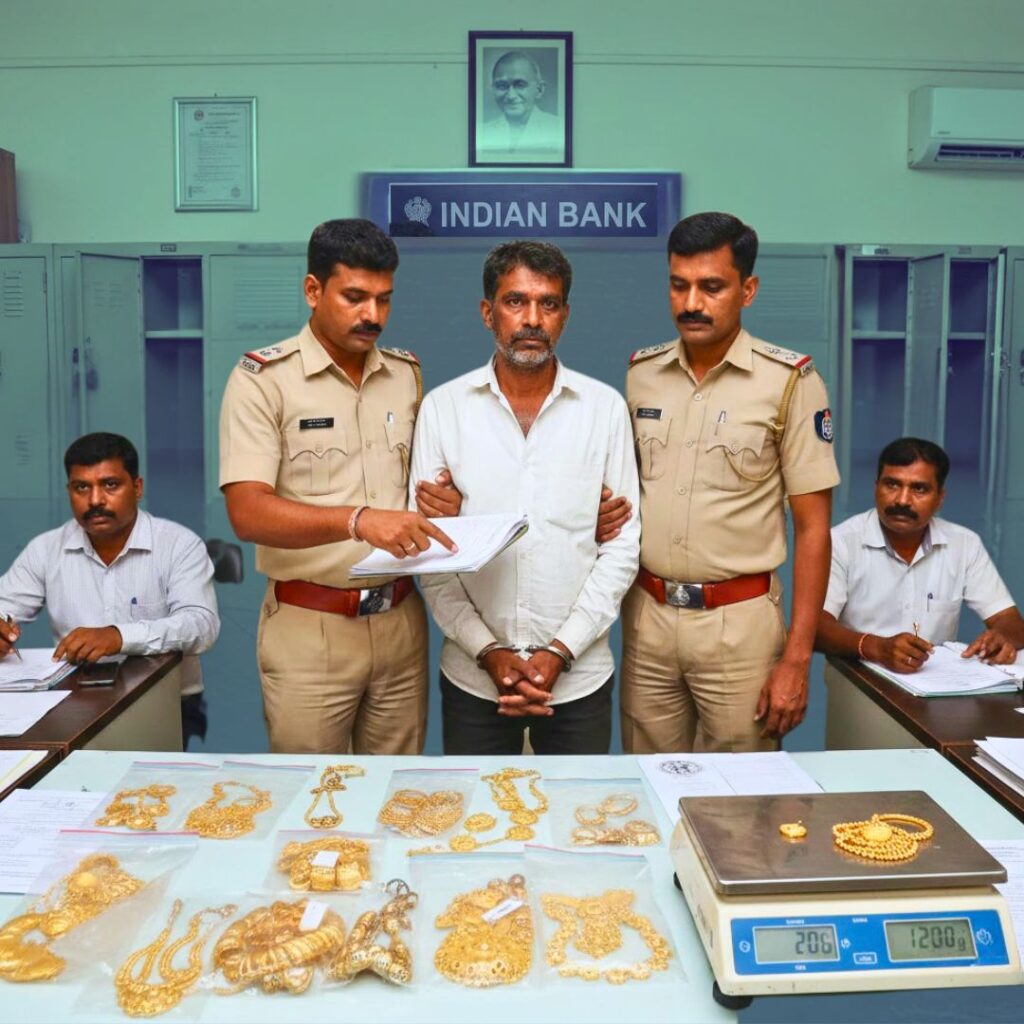World Mental Health Day recently placed a spotlight on the global issue of mental health, asserting that mental health is a universal human right. Despite this, millions around the world continue to grapple with mental health disorders and illnesses, often hindered by societal stigma and a lack of awareness.
Alarming statistics reveal that 10% of children and adolescents globally experience a mental disorder, yet the majority remain without proper care and support. In India, the National Mental Health Survey (2015-16) highlights a 7.3% prevalence of mental disorders among children aged 13-17, underscoring the urgent need for increased awareness and proactive intervention.
Challenges Hindering Timely Intervention:
One significant hurdle in addressing the mental health needs of children is the persistent stigma surrounding it. Parents, crucial gatekeepers to their children’s well-being, often delay seeking medical help due to fear of judgment and societal stigma. Several factors contribute to this delay:
– Lack of Awareness: Some parents fail to recognize the signs and symptoms of mental health issues in their children, leading to delayed intervention.
– Cultural and Religious Beliefs: Cultural or religious perspectives may influence a family’s perception of mental health, creating resistance against seeking therapy.
– Misperception of Severity: Underestimating the seriousness of mental health issues in children may lead parents to believe that the problems will resolve on their own.
– Communication Barriers: A lack of open and effective communication within families can hinder the identification and discussion of mental health concerns.
– Financial Concerns: The cost of therapy and mental health services can be a significant barrier for families, especially those without adequate insurance coverage or financial resources.
– Lack of Access: Limited access to mental health services in certain areas makes it challenging for families to find suitable support for their children.
– Parental Stress and Mental Health: Parents grappling with their mental health issues may find it harder to recognize and address their child’s struggles.
Combatting Stigma Through Understanding:
To combat the stigma surrounding mental health, it is crucial to enhance our understanding of it. Here are five ways to achieve this:
1. Mental Health Beyond Emotions: Mental health involves complex factors, including brain function and the nervous system, extending beyond mere emotional states.
2. Professional Intervention: Severe or persistent mental health challenges often require professional intervention, emphasizing the need for mental health practitioners.
3. No Sign of Weakness: Poor mental health is not a sign of weakness but rather an outcome of physiological factors, distinct from an individual’s personality.
4. Seeking Help is Empowering: Despite the stigma, seeking timely help can significantly impact managing mental health conditions and overall well-being.
5. Separating Fact from Fiction: Dispelling misinformation is essential to combat stigma, empowering individuals with accurate information.
Breaking the Silence: Initiatives for Youth Mental Health:
To break the silence and stigma surrounding youth mental health, active engagement from educational institutions, teachers, and parents is imperative. Establishing open dialogues, peer support groups, and leveraging technology can encourage children and youth to share their struggles. Community-based interventions further focus on creating inclusive environments and opportunities for those facing mental health challenges.
The call to action is clear: by dispelling myths, fostering understanding, and promoting open conversations, we can collectively work towards a world where mental health is recognized as a fundamental human right, free from the shackles of stigma.
Also Read: The Resilience Of Tradition: Block Printing Weaves Its Tale In Modern Fashion












